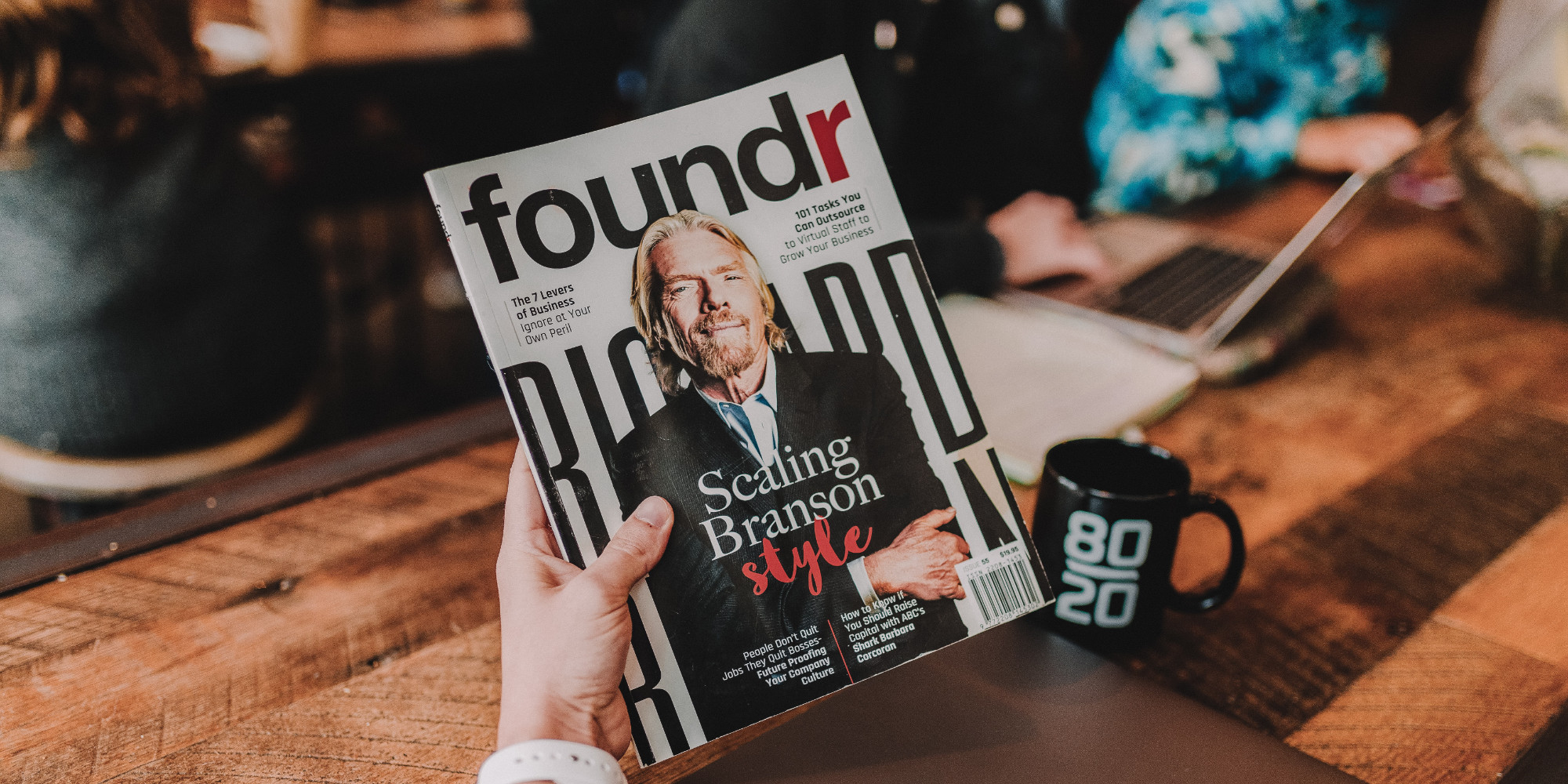Over the past couple of weeks, I have had conversations with several different business founders — all of whom are extremely different in their approach and mentality. I should add that their businesses were at the point where they were generating some revenues — so they had attained the proof-of-concept phase and were looking at raising further capital to accelerate growth.
At the one extreme, there is the ‘controller’ founder — who wanted to keep hold and be the final arbiter of every single decision and was reluctant to effectively cede any control; while at the other, there is the delegator/visionary founder — who while they came up with the overall vision, direction of travel, were content to delegate responsibilities to team members who were expert in their field.
This had me thinking — what makes a ‘good’ founder?
I appreciate this is a rather broad, indeed, subjective question and there may be some overlap with — what makes a good business — is arguably one which creates value/wealth for its shareholders, has a growing, loyal customer base and which is also an enjoyable place to work with good employee engagement and retention.
Perhaps the more pertinent question is what skills and attributes are key to be a good founder?
In my unscientific approach, based on personal experiences over my career, three key themes emerge:
a. Adaptability
This is multi-faceted, and changes depending on where the business is on its journey.
In the beginning, when you, the founder, is germinating the seed of an idea, the more appropriate approach is arguably to ‘boot strap’, keep cash burn down and keep a high degree of control — after all at this stage, you are more than likely to be relying on your own financial resources, or maybe a wider circle of friends and family backers. At that stage of the business life cycle, the need is to wear multiple hats — CEO, CFO, CTO, CMO etc and as a result, you need to be able to adapt.
But, as that new business seed grows and develops, you need to be able to adapt again — but in a different way — through bringing others with the requisite skills and capabilities to delegate roles and responsibilities.
For me, therefore, a key attribute is the ability of a founder to demonstrate adaptability.
Indeed, given the pandemic we have been going through, you could go as far as to say, adaptability is key to any successful business — not just start-ups!
b. Openness to critique and feedback
While no one particularly likes being told their wrong, and losing face, it is important to be open to constructive criticism and feedback — not only for you, so you as a founder can be the best you can be, but also in so doing creating an open environment, where ideas can flourish, and the business can be the best it can be too.
Here’s an anecdote to illustrate the point: Many years ago, I was going round a factory production line with a potential buy in CEO. At the time of our visit, the factory was losing money and the then owner was looking to close it. The Buy in CEO asked the factory management team why they didn’t try X or Y in terms of production process, as surely that would be more efficient, produce a better product. The factory management’s response: because this is the way we have always done things. Reluctantly, as part of the buy-in, to save the business, the factory management team agreed to try these alternative production processes. That business has never been loss making since.
It is no surprise that those businesses which are open minded, looking at how they can become ‘better’ are the ones which typically have happier, more loyal customers and personnel, and generate greater wealth and returns to their shareholders.
One could argue this is just another way of demonstrating adaptability!
c. Knowing your limits
This may be stating the obvious, and is, indeed, a rather broad heading, but let me illustrate this by another real-world example:
Earlier in my career, I knew a founder who had successfully raised a couple of rounds of funding from a broad group of friends and family. The business they founded was now generating revenues, concept proven and was fast approaching the point where it needed a significantly larger equity cheque to generate velocity. But, because they had successfully raised smaller amounts of funding, they thought they could raise more — without specialist advice. Long story short: the materials they presented didn’t ‘sell’ the business, and they weren’t able to raise the capital. Had they sought that specialist advice, there is a high probability the business would be up there, successfully continuing to grow.
In conclusion, to achieve full potential, having the ability to adapt as circumstances change, knowing your limits, being open to advice and feedback.
Article by



